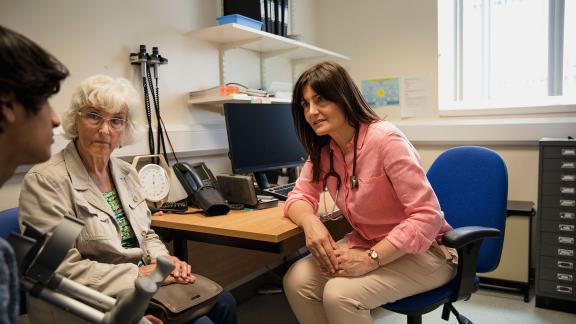A new approach to complex needs: primary care psychological medicine first-year evaluation

People with persistent physical symptoms often suffer from years of pain and distress without effective help. For many, psychological support can be helpful and sometimes life-changing. Primary Care Psychological Medicine works under the theory that offering a psychological intervention will identify and resolve the root causes of unusually high levels of health care use and that a reduction in demand for primary and secondary care will result.
In this latest briefing by the Mental Health Economics Collaborative (hosted by Centre for Mental Health, the NHS Confederation Mental Health Network and London School of Economics Personal Social Services Research Unit), the Centre’s chief economist Nick O’Shea reports on the Primary Care Psychological Medicine service in Rushcliffe, Nottingham. The service offers psychological interventions to people who have high levels of unexplained or persistent physical symptoms of illness, which this report finds, reduces the use of GP, outpatient and emergency department services in one year by more than its own staff costs.



